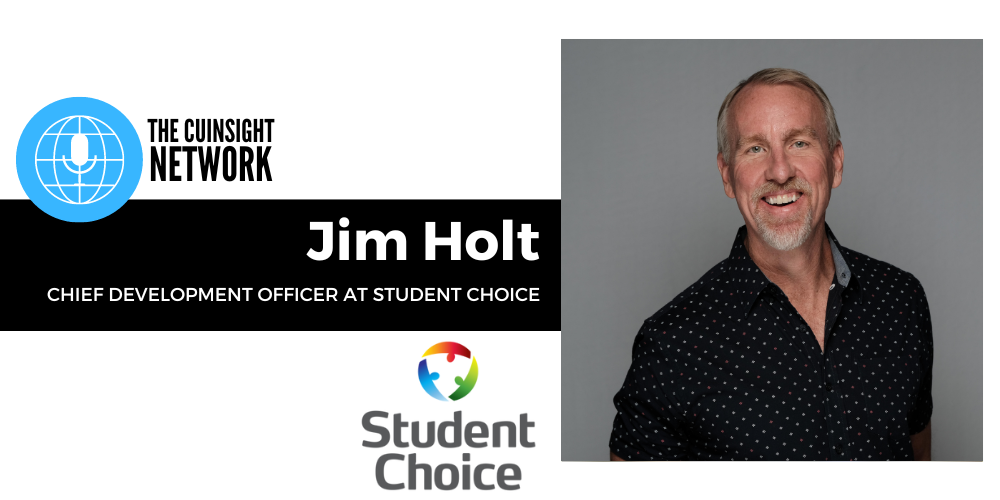“I was just thinking of myself as a guy at a party, asking out a girl. It was up to her to let me know if she was not interested.”
I read this line with disbelief—the founder of a thriving tech firm was responding to allegations of sexual harassment. At a company party, he had come on strong to a female subordinate, insistently propositioning her as he followed her around the party all night. There was no shortage of witnesses to his behavior. He would not have denied his pursuit of her, anyway. From his perspective, he was simply acting like any man, interested in any woman, anywhere in America.
Except he wasn’t any man. He was the boss. And she wasn’t any woman. She was a striving executive, trying to build a career.
How could he not see the power differential at play? How did he not know the way everything would change for her with his attention, regardless of how she responded? From that point forward, her performance at the company would no longer define her. It would not be the single thing she would point to related to any success she achieved or any promotion for which she was overlooked. Instead, she would be that girl from the company party who the boss had a thing for.
An employee’s job changes the moment someone in power makes a sexual or romantic advance. It robs the employee of believing the most important factor for their success is their effectiveness, and burdens them with the weight of navigating the feelings of another.
Women have been conditioned from a young age to be careful in how they treat others, even strangers who give unwanted attention. They must be nice, they must put the feelings of others first, they must understand that to reject the wrong man in the wrong way may lead to devastating consequences. They have come to expect complications from misdirected attraction and have accepted a level of responsibility for managing this attraction.
The burden is greater when the person stating his attraction has power over the other’s financial well-being, career growth, or professional reputation. There is no guidebook for politely rejecting your boss’ advances, while still trying to wow him with your professional excellence.
“I was just a guy… asking out a girl…”
In the early years, when young women are learning to carefully navigate their rejections, men are taught how to pursue them: Women must be won over and it may take time and persistence. We romanticize the notion that it must be true love if he demonstrates the depth of his interest by continuing his pursuit rather than just turning his attention elsewhere.
It can be a complicated situation indeed, this attraction between men and women. It is certainly made more complicated when it takes place in the workplace. Suddenly, a dynamic lies in limbo, on a very fine line: A step in one direction could be sexual harassment. A different step may lead to what the actors believe is the greatest love story of all time.
Yes. Attraction at work is a very real possibility. In an ideal world, people are bringing their best versions of themselves to work: Bright, thoughtful, engaging humans who connect well with other bright, thoughtful, engaging humans. They listen to one another, they laugh together, they share their visions and collaborate to build a better future.
Sometimes, this leads to the very inconvenient reality of attraction at work.
When is it acceptable to act on that attraction? Can consent ever truly exist in the workplace? Should a person in power ever make his feelings for a subordinate known?
These may remain complex questions: Ones with answers as diverse as the people who may respond to them. Our world may never settle on an answer about what to do with attraction at work, but we must still have the courage to ask the questions.
We are approaching the first anniversary of a conversation starter in the credit union movement. After last year’s CUNA GAC, one attendee shared her observations of unwanted advances, inappropriate propositions, and minimization of women as professionals during the conference. It was a conversation that started with a great deal of energy and ended with an industry-wide commitment to Diversity and Inclusion; to advancement of women and people of color; to words of encouragement and actions for change.
This conversation is one of value, undoubtedly, but it seems somehow that it is also a conversation that has left sexual harassment behind. As we keep moving this industry forward, we cannot talk about gender balance and equality for women without consideration of sexual harassment.
We are not just people at a party.
We are at work and the power differential is real. It must be considered before acting on attraction.








